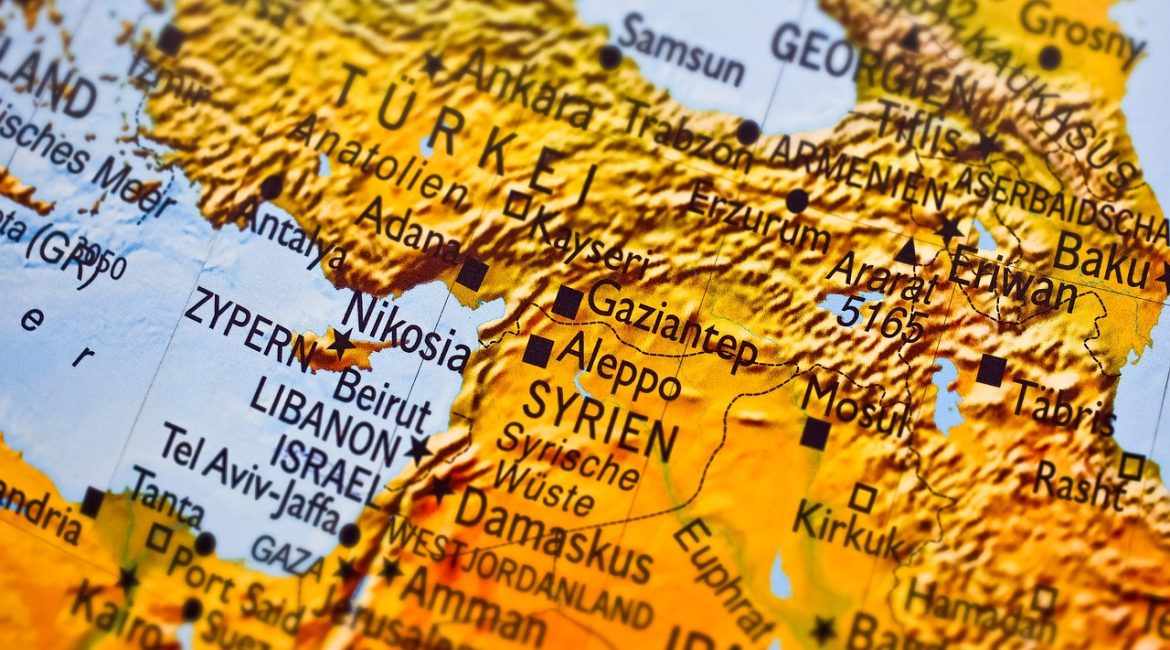Relations have remained frosty since Ankara and Damascus severed diplomatic ties in 2011, following the outbreak of the Syrian civil war. But the president Erdogan’s recent statement that he could invite Bashar Assad to Türkiye “at any time” has drawn mixed reactions from Syrians. Since 2022, senior Syrian and Turkish officials have met periodically in Moscow for talks under the aegis of Russia. But these meetings have failed to melt their icy relations.
Ankara and Damascus severed diplomatic ties in 2011 following the outbreak of the Syrian civil war. Relations have remained hostile ever since, particularly as Türkiye continues to support armed groups resisting the Assad regime.
Syrian analysts believe that president Erdogan is pursuing normalization for two reasons:
The first is preparation for the possibility of a new US administration headed by Donald Trump, which means the possibility of a return to the policy of US withdrawal from Syria.
The second reason would be Erdogan’s desire to get closer to Russia, an ally of the Syrian regime, after Türkiye’s drift toward the US following the outbreak of the war in Ukraine. Indeed, as a NATO member state, the conflict has complicated Türkiye’s normally balanced approach to its ties with Washington and Moscow.
Türkiye justified its 2018 and 2019 incursions and its continued presence in Syrian territory by its aim of establishing a “safe zone” between itself and the armed forces of the Syrian Democratic Forces (SDF).
Türkiye considers the SDF to be a Syrian branch of the Kurdistan Workers’ Party (PKK), a group that has been in conflict with the Turkish state since the 1980s.
The Syrian Kurds know that they will be part of any deal Erdogan wants to make with Assad and this issue worries them, who see Türkiye as willing to do everything in its power to harm them and their experience of self-government.
But the Syrian Kurds would accept reconciliation on three conditions:
First, they would want Türkiye to withdraw its troops from Afrin and Ras Al-Ain. Second, an end to Turkish strikes on the SDF areas. And third, a guarantee from the Assad regime "that the Syrian Kurds will enjoy their national, cultural and administrative rights."
Erdogan may be trying to take advantage of the trend toward normalization among Arab countries, which began with Syria's reintegration into the Arab League last year. However, European states and the United States remain divided on the subject. While Germany, France, Italy and the UK in particular are focused on how Türkiye can control the gateway to Europe and act as a “bouncer” for refugees from the Middle East and West Asia, the US is more focused on denying Russia and Iran full access to all of Syria for strategic reasons, such as access to the Mediterranean Sea and the “Shiite land bridge” between Tehran and Beirut.
The current status quo is far more beneficial to Washington than any reconciliation would be, as it would also endanger the northeastern parts of Syria, where the US military is integrated with its most trusted military partners against Daesh.
Although reconciliation is unlikely to succeed at this stage, the estimated 3.18 million Syrian refugees living in Türkiye view rumors of normalization with fear and dread. Since the rumors of a possible reconciliation started, many people do not even leave their homes and they do not dare to say anything for fear of being deported.
Fear of deportation has gone along with waves of violence against Syrian refugees that have swept through southern Türkiye in recent weeks. On June 30, residents of the central Turkish province of Kayseri attacked Syrians and their property. Anti-Syrian sentiment in Türkiye is partly driven by economic concerns, with Turks viewing underpaid or unpaid Syrians as a threat to their job prospects.
For their part, Syrian refugees are all under a high level of stress and just hope that Assad and Erdogan would never reconcile.

